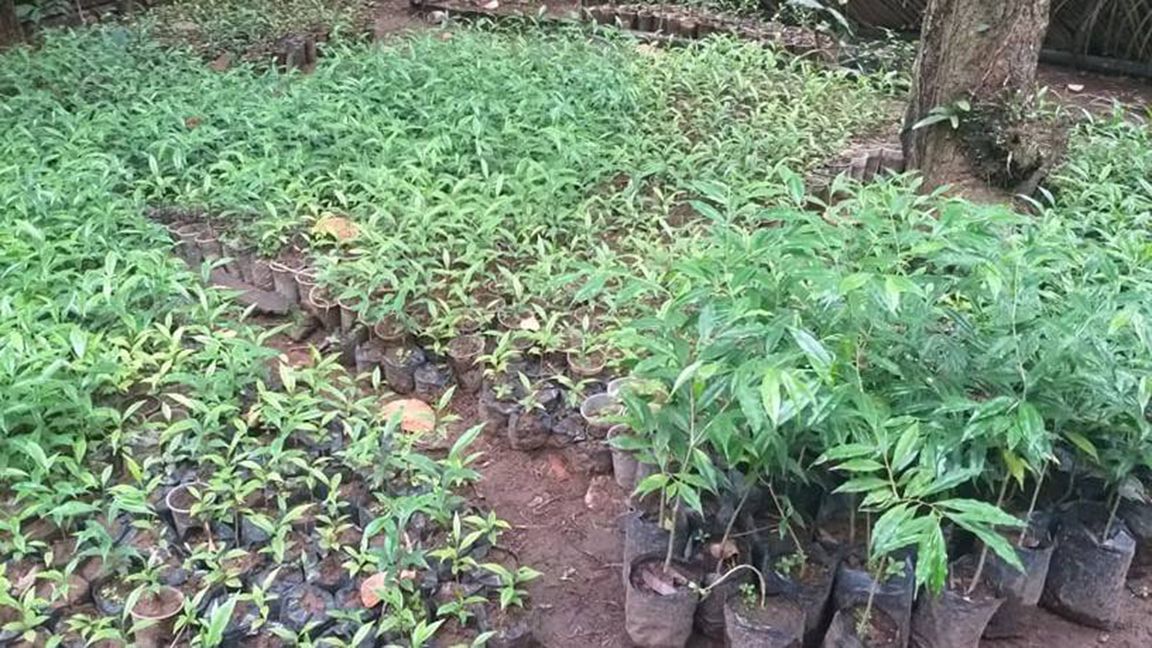"The DENR is always in the middle of balancing things, from protecting and conserving threatened flora and fauna, making sure that the resources can still be used for our economic development, especially during this crisis, but utilization in a sustainable manner," DENR Secretary Roy Cimatu said.
TO protect the country's flora and fauna, the Department of Environment and Natural Resources (DENR) said that while propagation of agarwood-producing species like Aquilaria malaccensis is allowed, it is however highly regulated and collecting its seeds directly in the wild is prohibited.
DENR Secretary Roy A. Cimatu issued the statement following the granting of Wildlife Culture Permit through the regional offices to certain companies for the propagation of agarwood using Aquilaria malaccensis.
"The DENR is always in the middle of balancing things, from protecting and conserving threatened flora and fauna, making sure that the resources can still be used for our economic development, especially during this crisis, but utilization in a sustainable manner," Cimatu said.
He added: “Before engaging in this highly regulated lucrative endeavor, interested individuals and private firms are advised to secure all the necessary permits from the DENR. We must ensure that the source of planting materials is legal and that the propagation of the species is in accordance with the existing rules and regulations.”
DENR said Agarwood can be derived from the Aquilaria species, which are widely distributed in the Indomalesia region.
Nine of the 21 known Aquilaria species are found in the Philippines, based on an international study titled, "The Origin and Domestication of Aquilaria, an Important Agarwood-Producing Genus."
Six species are endemic or found only in the Philippines, while the remaining three are native or indigenous.
Among the native or indigenous species is the Aquilaria malaccensis, which can also be found in other countries, such as Bangladesh, Bhutan, India, Indonesia, Iran, Malaysia, Myanmar, Singapore and Thailand.
The Aquilaria malaccensis, locally known as "lapnisan," is a major source of agarwood — a resinous heartwood used for perfume and incense.
Meanwhile, DENR-BMB Director Datu Tungko Saikol said that gathering of seeds and seedlings, agarwood, and other derivatives of Aquilaria malaccensis in the wild for commercial or trade purposes is "not allowed yet pending the population assessment study of the species in the Philippines."
Moreover, a local transport permit is necessary "for the transportation of legally acquired seeds, seedlings, agarwood, and other agarwood by-products and derivatives."
Tags: #DepartmentOfEnvironmentandNaturalResources, #agarwood, #forestry, #regulations
